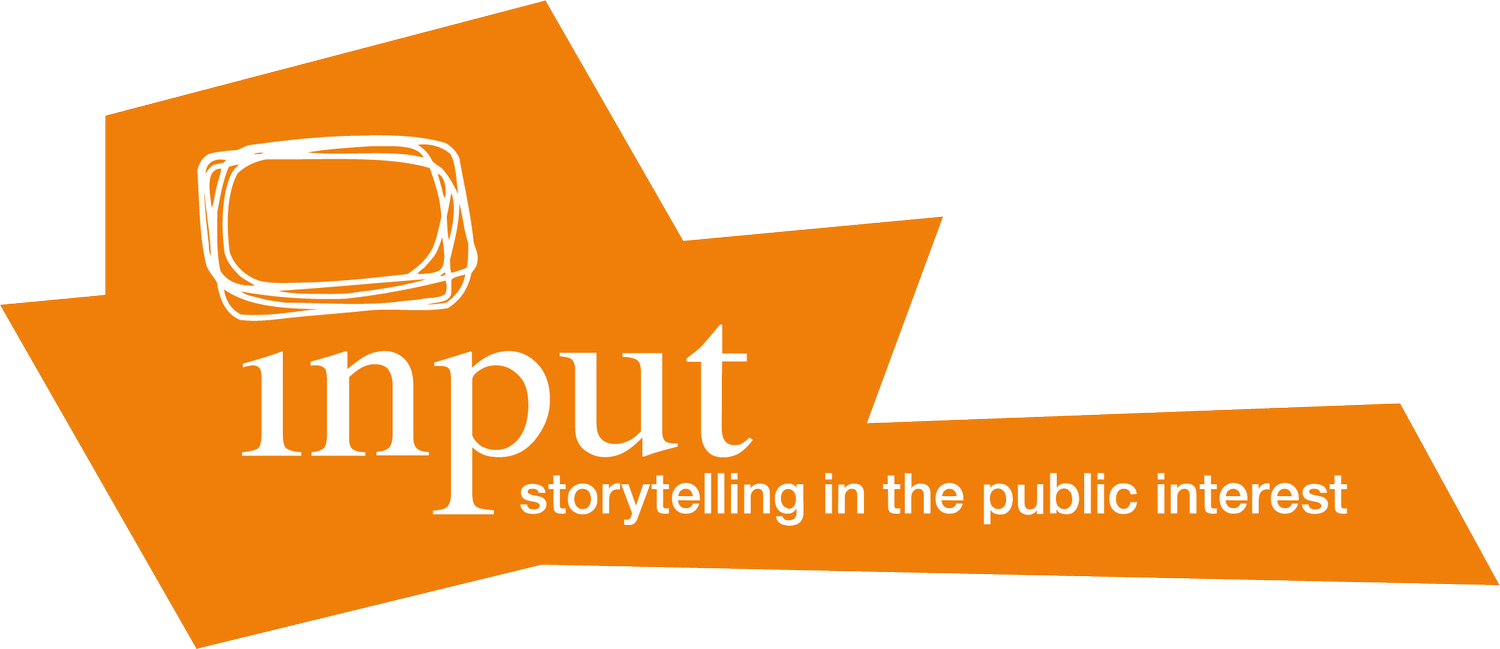Ingenious indigenous! How can indigenous broadcasters contribute to the preservation and increased use of native languages that are threatened with extinction?
Jo Raknes, NRK, Norway
Session 12 SPECIAL SESSION
TUESDAY, 16 MAY, 14:00 (White Room)
New technology and greater awareness have led to greater opportunities for the use of minority languages in TV production. The large streaming companies such as Netflix and HBO offer more text tracks, and commercial TV bets more on minority languages because of this.So what is the public service broadcaster‘s role in this and how do they solve the challenges of reaching out to minority groups for which PSM have a special responsibility?This session examines the importance of language to indigenous peoples, both as a carrier of identity and the need to take back languages that have been banned as a result of state abuse against indigenous peoples throughout the world. We will hear and see examples of how with creativity and the technological possibilities in existence, the challenges of creating television content aimed at different language groups are solved. We open with a drama series from Canada that shows the background to why language is so important and what abuses have led to indigenous peoples all over the world being robbed of their mother tongue over time.Then we get presentations from indigenous broadcasters from New Zealand, NRK Sápmi Norway and Taiwan with examples of how to use new technology and creative solutions to solve the task of multilingualism.Whakaata Māori (Māori Television) showcases content and platforms that inspire younger audiences to be their indigenous selves and the technology they are using to engage with them. From Norway we will receive examples of use of multilingual broadcasting in different ways with different tools that suits both a Sami audience and audience from the majority population by combining different platforms and multi subtitling in the same series.

